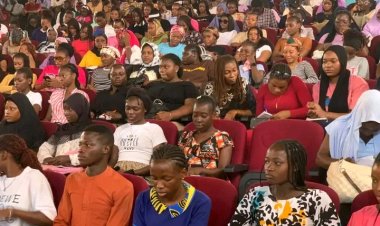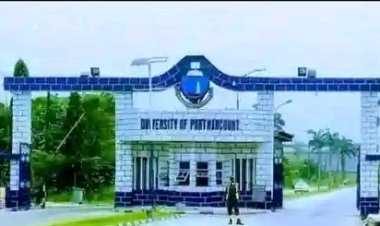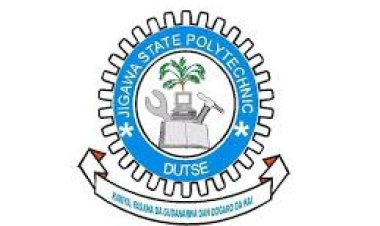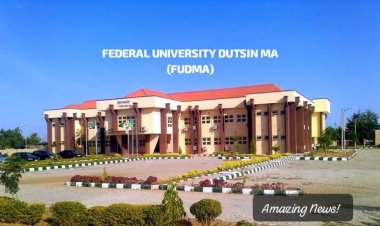FG to Integrate Technology into Education Infrastructure Says Shettima
Vice President Kashim Shettima announced that the Federal Government will integrate technology into Nigeria's education infrastructure to improve learning outcomes.
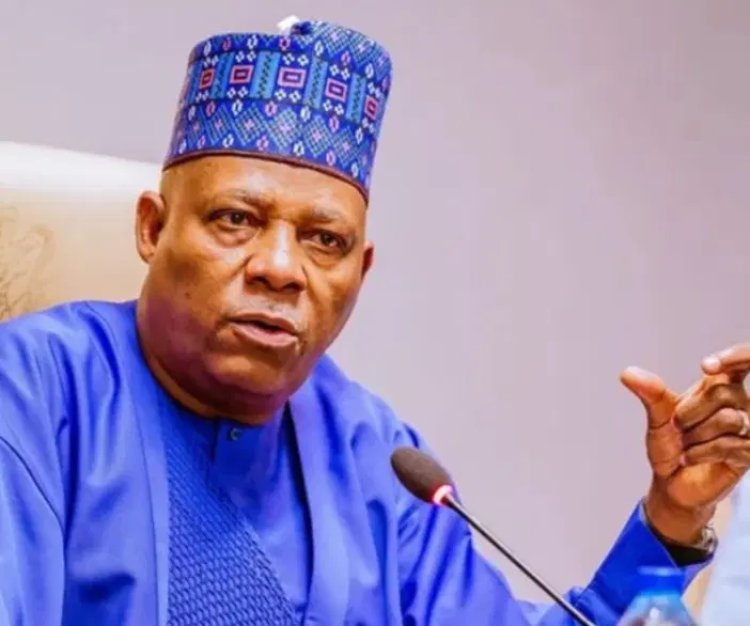
Vice President Kashim Shettima has announced that the Federal Government will integrate advanced technology into Nigeria's education infrastructure to enhance learning outcomes. He revealed this during a meeting with the World Bank Nigeria team at the Presidential Villa, Abuja, on Wednesday.
Shettima emphasized that the initiative would address challenges related to human capacity and resources within the education sector, assuring that President Bola Tinubu is committed to driving substantial change. He highlighted the global shift towards technology, noting that Nigeria must seize available opportunities to improve its education system.
Drawing inspiration from India's success with KYAN smart class solutions, Shettima proposed that similar innovations could be used to revolutionize learning in Nigeria, particularly in rural areas. He said, "In India, KYAN technology is used to teach 50,000 pupils in rural and impoverished areas. I believe technology will help us upgrade our education system significantly."
The Vice President advocated for a holistic approach to education reform, emphasizing the importance of improving infrastructure, teacher training, and implementing technology-driven solutions. He called for a collective effort, urging state governors and other stakeholders to support the federal government's transformation agenda.
Dr. Ndiame Diop, World Bank's Country Director for Nigeria, also spoke during the meeting, outlining the bank’s focus on governance, healthcare, and education across Nigeria’s 36 states and the Federal Capital Territory. Diop highlighted the World Bank's HOPE series programs, which aim to reform governance processes and enhance human capital development in the country.
The integration of technology into Nigeria's education system marks a crucial step in the country's efforts to modernize and improve educational outcomes, especially for underserved regions.

 Chris Oyeoku Okafor
Chris Oyeoku Okafor 